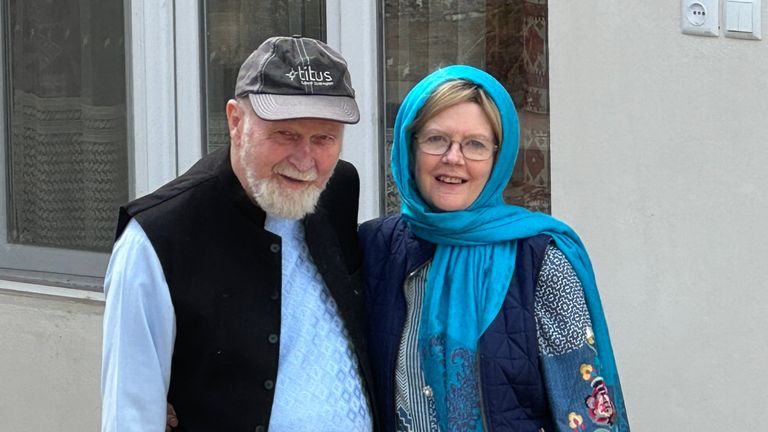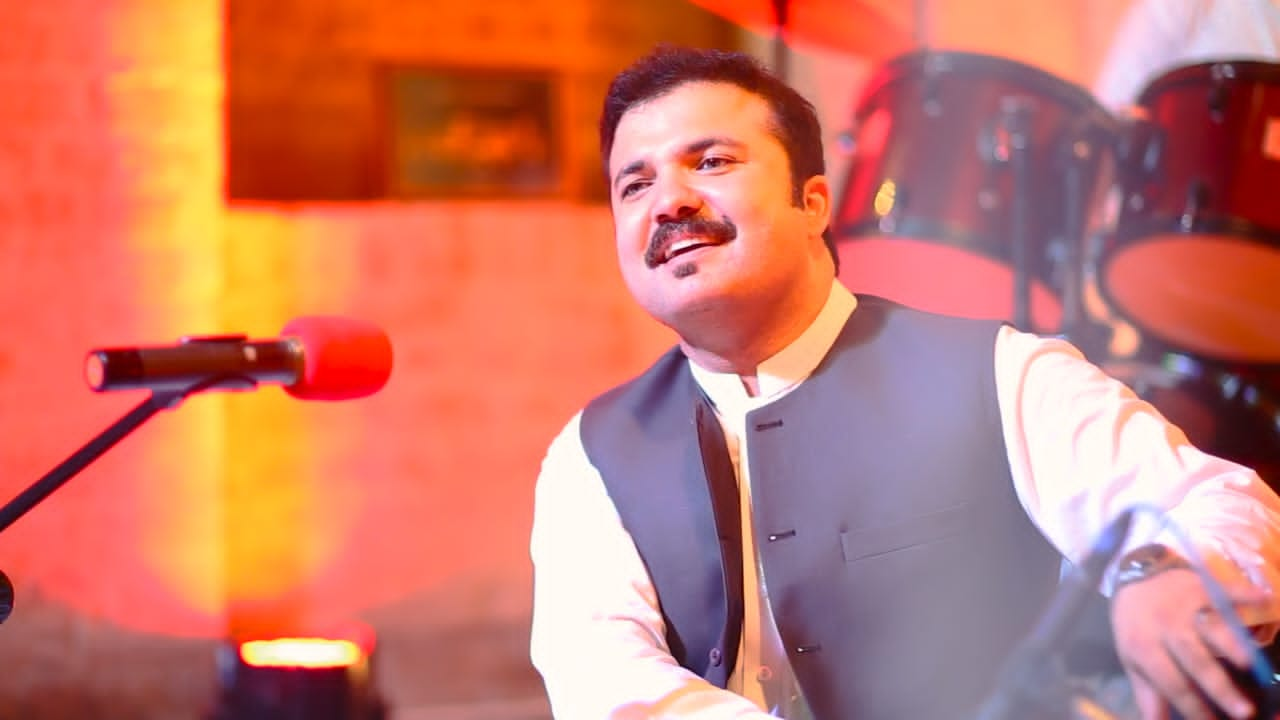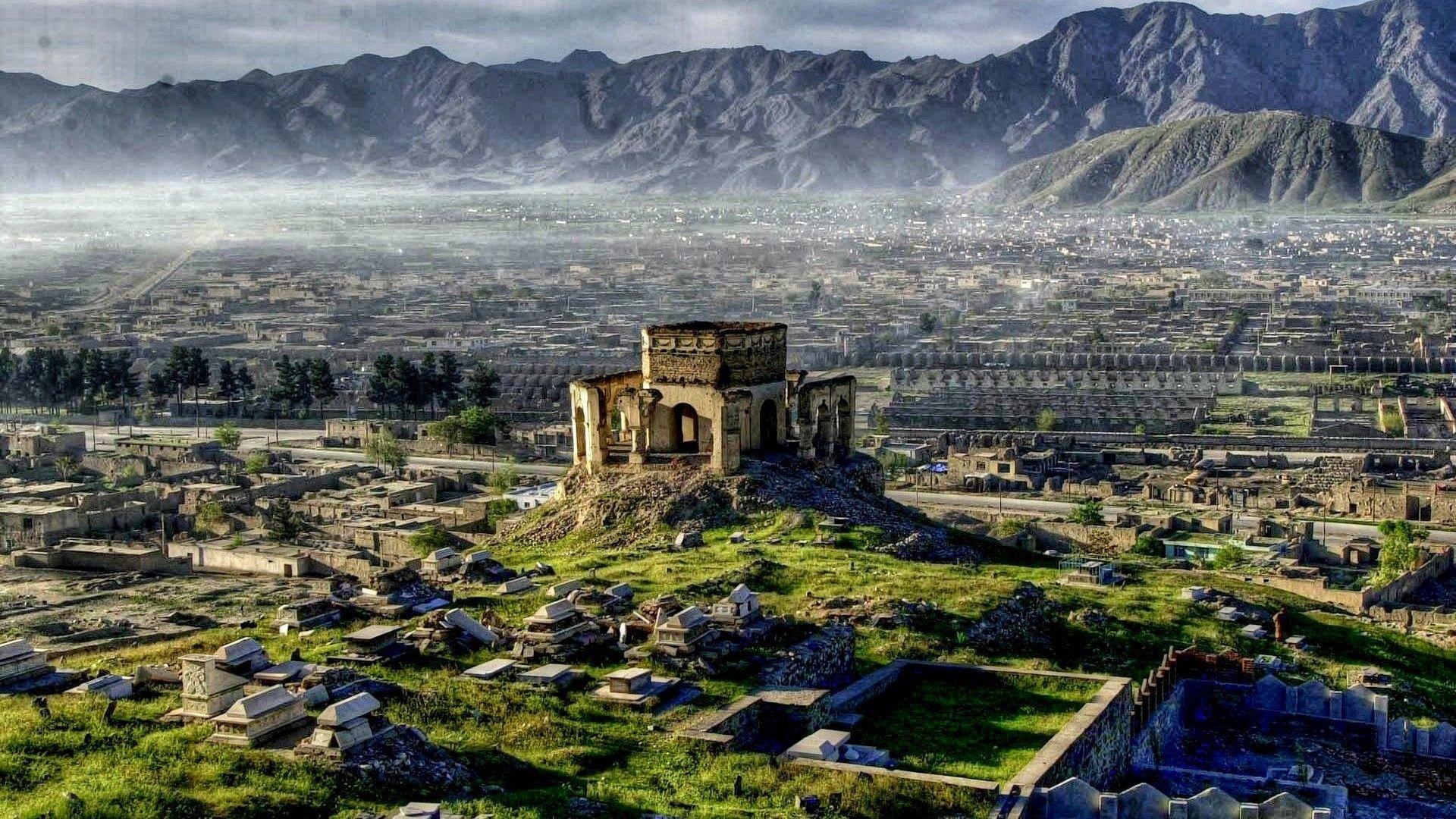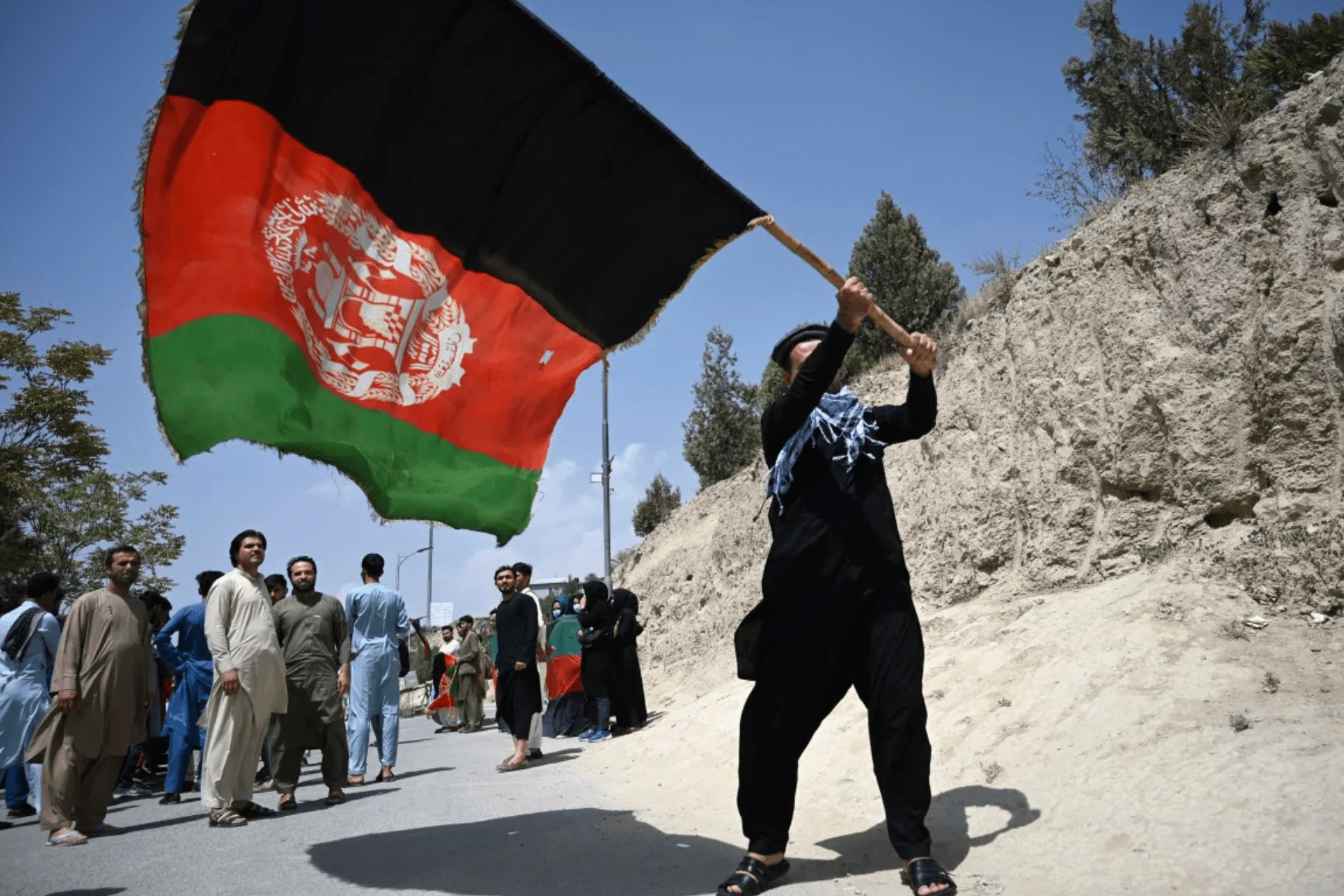International Human Rights day

December 10th/2020
After the 2nd world war, heads of state from all parts of the world came together under one consensus: Never again shall comparable crimes against humanity repeat themselves. Based on this concept of human dignity, the General Assembly adopted the Universal Declaration of Human Rights in 1948. Two years later the European Convention of Human Rights was established. And with the ratification of the Treaty of Lisbon in 2009 fundamental rights have become binding EU law within the Charter of Fundamental Rights of the European Union. While great progress has been achieved during the last seven decades, universal equity is still far from being achieved. Human rights and rights of minorities in particular, especially in developing countries like Afghanistan face increasing violations. Large parts of population in different countries in the world remain uneducated about their fundamental rights and think of human rights as an abstract and unrealistic concept. This has to change!
Here in Afghanistan, we will be celebrating the international day of human rights while the civilian population suffered crimes under international law, human rights violations and abuses because of the continuing conflict. Conflict-related violence led to thousands of deaths and injuries and the displacement of hundreds of thousands. The International Criminal Court (ICC) decided not to investigate crimes against humanity and war crimes committed, but the decision is currently subject to appeal. Human rights defenders were intimidated, threatened, detained and killed. European and neighboring countries continued and are still continuing to forcibly return Afghan asylum-seekers and refugees. Gender-based violence against women and girls persisted due to weak rule of law and existence of harmful traditional and cultural practices. It became increasingly difficult for journalists to work and they faced reprisals from armed groups, state officials, and security forces. At least five journalists were killed by the Taliban and other armed groups. During the first nine months of 2019, 2,563 civilians were killed and 5,676 injured, according to the United Nations’ Assistance Mission in Afghanistan (UNAMA). July was the single deadliest month in the past decade of the conflict. The highest number of civilian casualties in 2019 were caused by attacks involving improvised explosive devices deployed by “anti-government elements.” There was an increase in casualties caused by aerial and search operations conducted by “pro-government” forces. The Taliban unlawfully killed and injured civilians including in indiscriminate attacks. In August, an IS-K suicide bomb attack at a wedding in Kabul killed at least 63 civilians and injured more than 200. At least 14 people, mainly civilians were killed and 145 injured in a suicide bomb outside a police station in western Kabul, claimed by the Taliban. In May, Iran’s deputy foreign minister threatened to forcibly return all Afghan refugees from the country as the United States of America continued to impose economic sanctions on Iran. Half a million Afghans were forcibly returned from neighboring countries in 2019, more than 476,000 of them from Iran alone, according to the International Organization for Migration (IOM). Thousands of Afghan asylum-seekers were also forcibly returned from Europe, either under the European Union’s Joint Way Forward Agreement or bilateral agreements with the Afghan government. The Turkish government also forcibly returned 19,000 people to Afghanistan by September, amid reports of Afghan asylum-seekers being held in poor conditions in detention centers there.
This year’s theme for celebrating the international human rights day is: Recover Better – Stand Up for Human Rights. Human Rights Day is observed every year on 10 December the day the United Nations General Assembly adopted, in 1948, the Universal Declaration of Human Rights (UDHR). The UDHR is a milestone document that proclaims the inalienable rights which everyone is entitled to as a human being - regardless of race, color, religion, sex, language, political or other opinion, national or social origin, property, birth or other status.
According to the United Nations office, this year’s Human Rights Day theme relates to the COVID-19 pandemic and focuses on the need to build back better by ensuring Human Rights are central to recovery efforts especially in developing countries to reach the common global goals only if they are able to create equal opportunities for all, address the failures exposed and exploited by COVID-19, and apply human rights standards to tackle entrenched, systematic, and intergenerational inequalities, exclusion and discrimination. 10 December is an opportunity to reaffirm the importance of human rights in re-building the world together, the need for global solidarity as well as our interconnectedness and shared humanity. Under UN Human Rights’ generic call to action “Stand Up for Human rights”, the main aim is to engage the general public, partners and the UN offices to bolster transformative action and showcase practical and inspirational examples that can contribute to recovering better and fostering more resilient and just societies.
Coming back to Human Rights in Afghanistan and the international day of human rights it is important to remind people that we have the right to life and liberty and these rights are constitutionally protected as are the right to a fair trial and the presumption of innocence for all persons. This gives the Islamic Republic of Afghanistan a strong human rights framework that is guaranteed to all citizens, thus both the government and the people of Afghanistan should work closely in order to protect and keep their constitutional rights.
- 2020 Dec - 10







